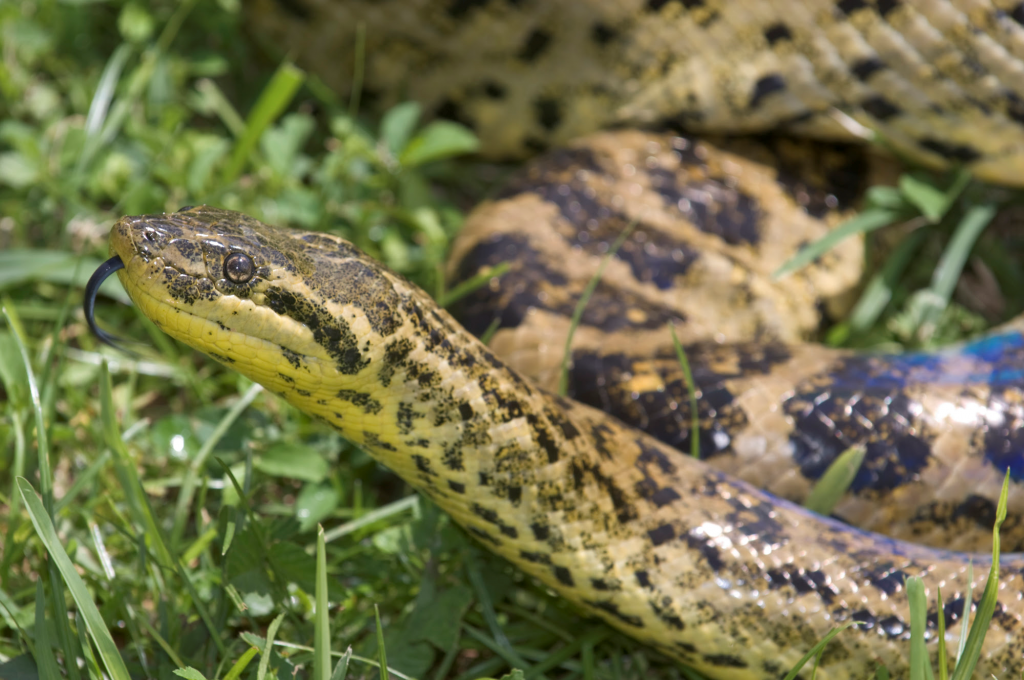
The Florida Fish and Wildlife Conservation Commission (FWC) is requesting public input as staff improves rules for non-native species. The potential changes will affect rules related to the importation of high-risk species and include possible additions to the Prohibited Species list. Staff will also work on clarifying language in existing rules.
People can provide input to the FWC in three ways. Staff will be conducting a series of workshops where people can ask questions and comment on the proposed changes. People also can provide feedback through an online survey found at MyFWC.com/Nonnatives by clicking on “Attend a non-native species rule development workshop,” or via email to NonnativeSpeciesRules@MyFWC.com.
The workshops will be held from 5:30 to 7:30 p.m. at the following locations.
- Fort Myers, Oct. 15 — Joseph P. D’Alessandro Office Complex, 2295 Victoria Ave.
- Homestead, Oct. 16 – University of Florida Tropical Research and Education Center, 18710 SW 288th St.
- Davie, Oct. 17 – University of Florida Fort Lauderdale Research and Education Center, 3205 College Ave.
- Apollo Beach, Oct. 29 – FWC Suncoast Youth Conservation Center, 6650 Dickman Road.
- Ocala, Oct. 30 – Ocala Police Department Community Room, 402 S. Pine Ave.
“We would like the public’s input on how to help prevent new high-risk species from becoming established here in Florida,” said Kirsten Sommers, section leader for the FWC’s Wildlife Impact Management Section. “Public feedback is crucial to help the FWC establish appropriate regulations to help protect our precious natural resources, the economy and the overall well-being of our great state.”
While the staff is working on new regulations, a temporary Executive Order will act as a stopgap measure to limit the importation of species being considered as “Prohibited Species.” Working with Commission Vice Chair Robert Spottswood, FWC Executive Director Eric Sutton signed the EO on Oct. 2. Executive Order 18-46 is now in effect and will be repealed once rulemaking for these species is complete.
If a species is added to the Prohibited Species list, it may only be possessed or imported into the state for research or qualifying public exhibit. Species being considered for this list include three species of anaconda, the Indian wild dog, flying fox, and several other species.
To view the Executive Order, visit MyFWC.com and click on “About,” then “Executive Orders.”
Invasive species are animals not native to Florida that cause economic or environmental harm or pose a threat to human safety. More than 500 non-native species have been reported in Florida. Eighty percent of these have been introduced via the live animal trade with more than 150 established in Florida, meaning they are reproducing in the wild.
The public can help the FWC control non-native invasive wildlife by reporting sightings to the FWC’s Exotic Species Hotline at 888-IveGot1 (888-483-4681), online at IVEGOT1.org or by using the free smartphone app IVEGOT1.
The FWC also encourages the public to safely remove non-native invasive species from the wild when possible. Non-native species are not protected, except by anti-cruelty law, and may be humanely killed on private lands at any time with landowner permission (no permit required). People may also lethally remove non-native reptiles from 22 FWC-managed public lands without a license or permit.
